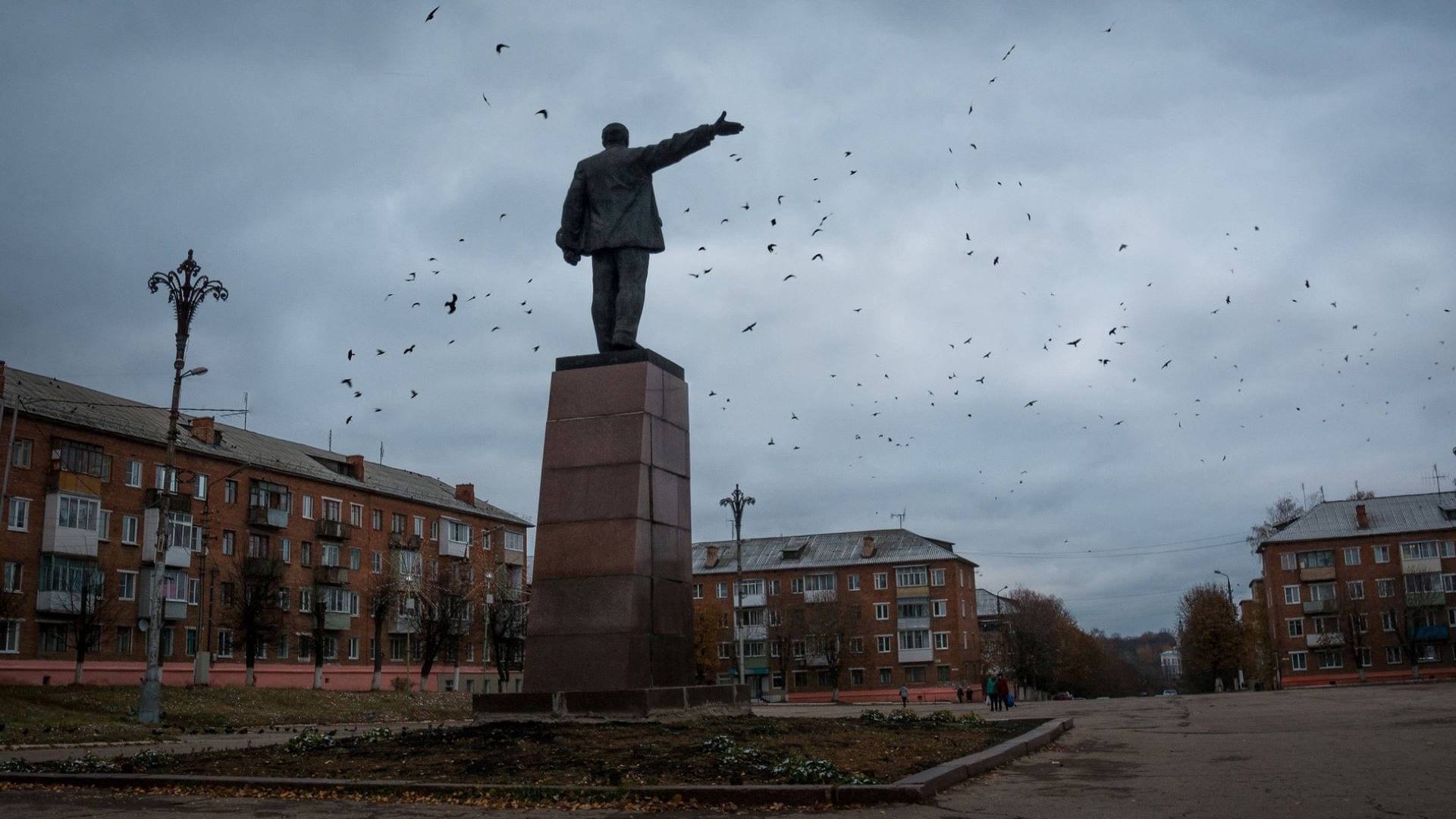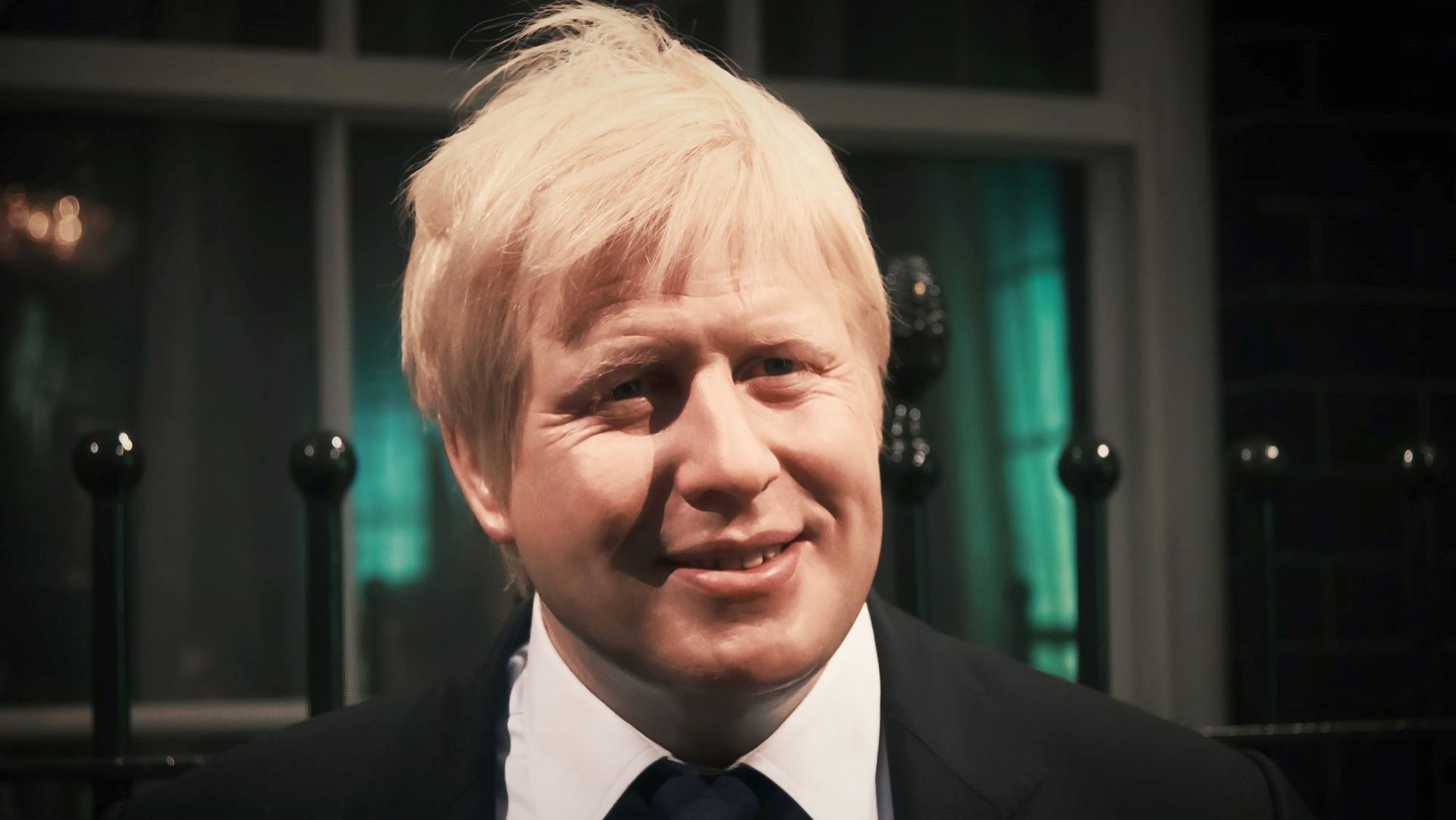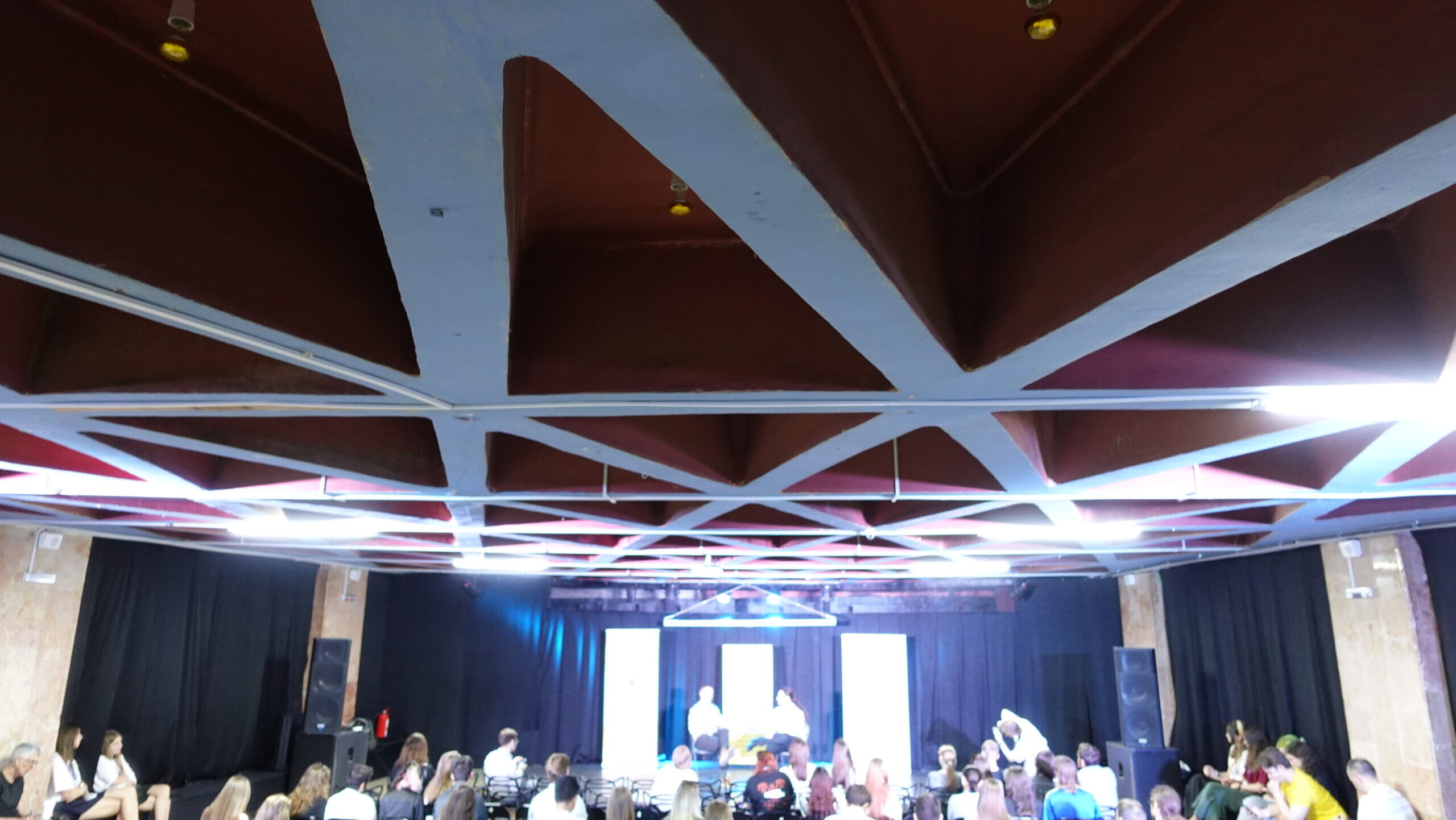Many politicians take an attitude that, in their quest to stay in power, anything goes. Throughout history, we have witnessed despots use populism to grab hold of this power, tend often do so by pretending to be someone they are not.
Fidel Castro came to power on the promise to end the dictatorship of Fulgencio Batista in Cuba, before ultimately implementing an equally horrendous authoritarian regime for more than half a century. Castro’s ambitions for power were also not limited to his homeland, as he endeavored to spread the evils of Marxism-Leninism throughout Latin America.
We should never take freedom for granted. Having something implies the risk of losing it, and in many cases we don’t even notice underlying threats that masquerade as liberating.
Authoritarian regimes are very creative in devising repressive policies that maintain an inoffensive facade, “granting” some liberties while others are restricted. Yet we must not settle for crumbs of freedom, but instead demand that our liberties be fully respected. Authoritarian regimes seek to nullify the individuality that allows us to realize our goals.
Understanding the authoritarian playbook
Broadly speaking, authoritarianism refers to arbitrary governmental authority. It is characterized by the imposition of obedience to a central authority at the expense of personal liberty, the rule of law, and constitutional principles. Authoritarianism has been exemplified by a number of national variants of a common thread: oppressive exercise of political power.
Authoritarian regimes, unlike other non-democratic regimes, do not necessarily adhere to a specific ideology. Instead, they are characterized by citizens being compelled to conform to the ruler or ruling party’s whims, desires, and ambitions.
The scope for different policies within the system, often nonsensical in their combination, remains large. These abstract and volatile regimes create a path that leads to serious violations of individual liberty. The aim of satisfying tyrants’ interests is paramount.
The source of authoritarian power
- Citizen Complacency
In authoritarian regimes, those in power have a different status; they can devise rules for their own benefit, which makes it easier for them to get what they want. What matters to the regime is getting and keeping political power; not the general welfare of “we, the people”, but rather only of those who make up the top echelons of politics.
This doesn’t have to just be an elitist dictat. Rulers can overreach in their functions because citizens expect the state to solve all their problems, and actually demand more state intervention to the detriment of their own individual autonomy.
Indeed, this can accelerate authoritarianism; no leader or elitist group is totally independent from popular opinion; they simply ensure they depend on as few subjects as possible to stay in power.
Dictators survive not because of their use of force or their ideology, but because they convince the public that they are competent and have legitimacy. Ruling has everything to do with staying in power, rather than with good governance.
- False legitimacy
The implementation of economic policies and reforms that appear aimed at liberalization and decentralization can be useful for authoritarian regimes. For example, a dictator can use reforms to purge political opponents.
Liberal reforms can often be used as tools to gain legitimacy by presenting a favorable facade to both citizens and the international community. Implementation of such measures often results in a regime that is resilient over time. This practice is known as authoritarian learning, where regimes adopt ideas, practices, frameworks or policies from other countries to reinforce their power.
Barriers to lessening authoritarianism
- Decentralization is a double-edged sword
When the state takes advantage of its mandates and exceeds its functions through control and direction, it becomes a market of influences and contacts which cements political power.
Decentralization corrodes authoritarianism by creating spaces that can gradually become a source of political opposition. Moreover, decentralization can stimulate economic development that can give citizens a greater feeling of autonomy.
However, decentralization can also reinforce state legitimacy by giving the people “breathing space”, as was the case in Bolivia and Colombia, or in the context of complex post-conflict situations, as in Cambodia, Rwanda and Uganda.
- Lack of incentives
Understanding the conditions under which decentralization takes place is important to understand how effective it may be. Countries with a long history of authoritarian regimes may have particular difficulties in promoting sound decentralization, not least because of widespread ignorance about it in part of civil society.
The trajectory of reform is greatly influenced by the degree to which the often conflicting incentives of different actors, especially politicians and bureaucrats, play out. Decentralization is a process, not a single act.
“Progress” may mask the actual state of power
As a general rule, decentralization does tend to reduce the power enjoyed by national politicians. So, those primarily responsible for decentralization face various incentives to sabotage reforms while appearing to carry them out.
Moreover, they can “decentralize” power to their loyal subjects or bureaucrats who will play an essential role in extending their power, with the purpose of ensuring their level of influence over them.
Authoritarian regimes can manipulate decentralization by institutional design through the use of favorable legal and financial provisions. Therefore, the implementation of decentralization policies can also function as an authoritarian enhancement mechanism.
As Friedrich Hayek stated, “it is possible for a dictator to rule in a liberal way.” This could allow authoritarian regimes to somehow satisfy certain social demands and implement minor reforms, attempting to use superficial liberalization to satisfy and contain civil society, while also ensuring a sense of legitimacy. As such, if the authoritarian rulers manage to exploit such social phenomena, they can stand to benefit significantly.
An informal institution that often shapes decentralization is clientelism, which is essentially a widespread exchange of material benefits for political voice. A hierarchically superior person with access to goods and services trades with a hierarchically inferior client, who gives up his or her status as an independent political actor to receive benefits from the ruler.
As an informal but often highly institutionalized practice, clientelism can influence the way politicians approach decentralization.
Authoritarian governments may privatize state-owned industries in order to “liberalize” their economies, only to find that the privatization has been taken over by a company in their name or in the name of one of their subjects. Authoritarian governments may open their markets to foreign direct investment in an attempt to liberalize their economies, but these are often illusory measures.
The adoption of political decentralization without administrative or fiscal decentralization is one in which politicians grant significant responsibilities and resources to loyal political allies who will bend to their masters’ wishes. Political independence is never the ultimate aim.
Maintaining authority at the expense of citizens’ interests
True economic liberalization occurs when a state reduces the scope of its economic intervention and adopts free market reforms. However, an authoritarian state wants to dominate markets primarily for its own political purposes. Therefore, we must put aside the democratizing illusions by which we look at any measure with a liberal appearance.
We need to start being more critical. We should not only look at the measure itself, but also at the broader context, the background, and incentives to implement the measure, even though in some cases the incentives may not be so obvious.
It is true, as Hobbes believed, that a contented and satisfied people are unlikely to rebel. It seems equally true, however, that sick, hungry, and ignorant people are also unlikely to revolt. And, what will suit an authoritarian leader better than a weak and unprepared people?
We must be able to question and stop regarding those in power as special beings who are ultimately dedicated to our welfare. They are people and, like us, they have their own interests and motivations. If their interests and ours were to conflict, which do you think they would favor?
To read more about free will and moral responsibility, be sure to check out our cluster page by clicking on the button below.
This piece solely expresses the opinion of the author and not necessarily the organization as a whole. Students For Liberty is committed to facilitating a broad dialogue for liberty, representing a variety of opinions.









